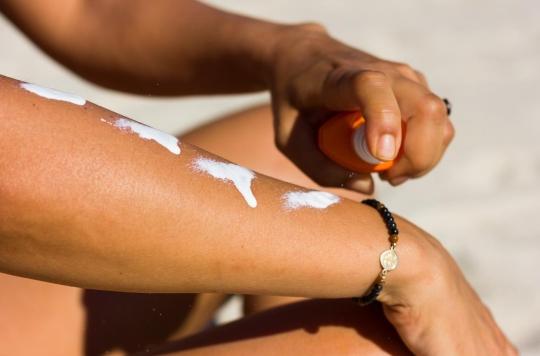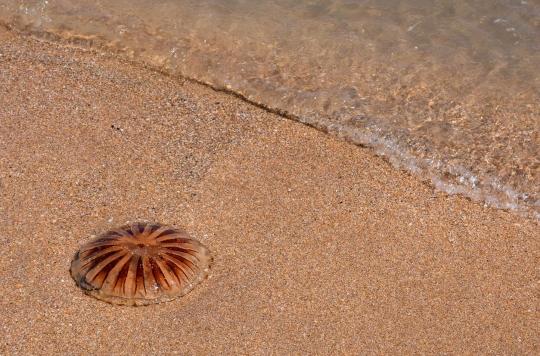According to British dermatologists, the number of cases of skin cancer has steadily increased in recent years. This increase would be caused by the aging of the population, increased exposure to the sun and the multiplication of holidays abroad.

- For 50 years, in Western countries, the frequency of melanoma, the most aggressive type of cancer, has doubled every ten years.
- Artificial tanning increases the risk of melanoma by 75% in people who began to expose themselves to artificial UV rays before the age of 30.
“We are rapidly approaching a quarter of a million cases a year in England and we estimate that one in five people will develop skin cancer in their lifetime.” This was declared to the British newspaper DailyMailDr. Tanya Bleiker, President of the British Association of Dermatologists.
In France, the number of people with this disease has also increased over the years. According to Public Health France, approximately 80,000 cases of skin cancer are diagnosed each year in the country. “Melanoma is one of the cancers with the greatest increase in incidence over the years”, with around 15,500 cases detected in 2018, compared to around 8,000 in 2010, the National Cancer Institute said.
The increase in exposure to the sun and the proliferation of holidays abroad in question
Members of the Association of British Dermatologists believe that an aging population and improved screening methods are responsible for this rise in skin cancer cases. According to specialists, excessive exposure to the sun and the proliferation of holidays abroad are also the cause of this constant increase. According to data from Public Health France, in France, more than 80% of skin cancers are linked to increased exposure to the sun.
Protect yourself from the sun to prevent skin cancer
The best way to reduce the risk of developing skin cancer is to limit exposure to ultraviolet rays at all ages. L’Gustave Roussy Institute recommends not exposing yourself to the sun between 12 and 4 p.m., to go out covered as much as possible (hat, sunglasses, etc.), to put on sunscreen with an index of 50 every two hours and to get outdoors. ‘shadow. “Artificial UV radiation (tanning booths) are also to be avoided”, says the institute.
“It is true that much more needs to be done to prevent skin cancer, but we also need to increase the resources available to deal with this increase,” specified Dr. Tanya Bleiker.












